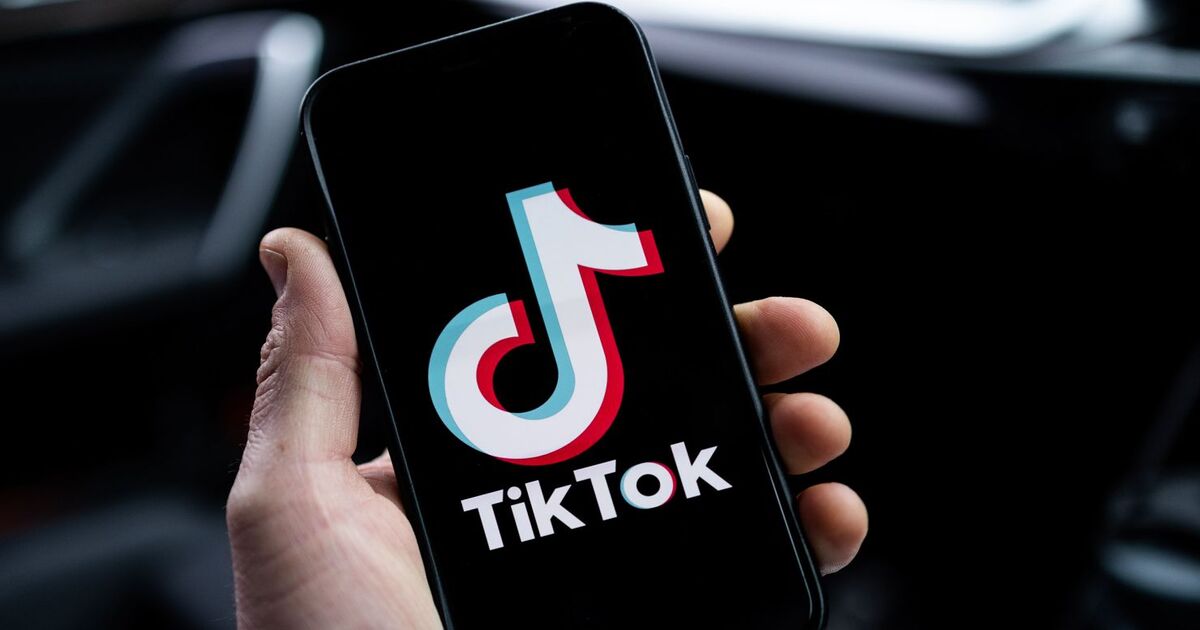TikTok denies Reuters report: Engineers are not developing a special algorithm for the US

It is reported that TikTok is considering creating a separate recommendation algorithm that would be specially adapted for the US market. This means that the company is considering developing an algorithm that will be balanced and meet the specific needs and requirements of users in the US.
Here's What We Know
According to a Reuters report, work on the US version of TikTok's recommendation algorithm has been going on since last year, and the process may take more than a year to complete. This decision is intended to show US lawmakers that TikTok's US business is independent of its Chinese parent company ByteDance, which is based in Beijing.
After Reuters published a report claiming that TikTok was developing an alternative algorithm for the US, TikTok quickly responded by denying the claims. TikTok spokesperson Michael Hughes stressed that their work on ensuring the authenticity of the user experience has nothing to do with the possible separation of the algorithm for different markets.
The Reuters story published today is misleading and factually inaccurate. As we said in our court filing, the 'qualified divestiture' required by the Act to allow TikTok to continue operating in the United States is simply not possible: not commercially, not technologically, not...
- TikTok Policy (@TikTokPolicy) 30 May 2024
TikTok has been trying to convince lawmakers of its independence from its Chinese parent company ByteDance, including through the creation of Project Texas, which is designed to store user data in the United States. However, last year's data retention programme, which Alex Heath examined, had flaws, which may have reduced the credibility of this initiative.
TikTok is also currently in a legal standoff with the US government over a law that could ban its operations if certain requirements are not met. Despite this, there are currently no plans to separate the companies, but if such a move were to be made, it could have serious implications for TikTok's US assets.
Source: The Verge